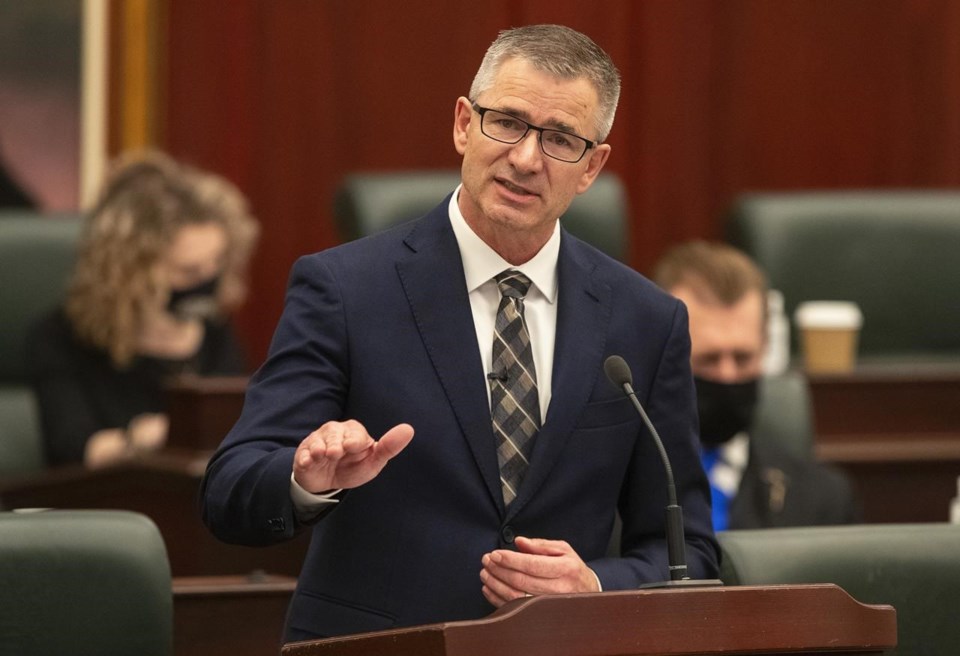EDMONTON — Alberta's nurses have overwhelmingly ratified a new collective bargaining agreement, closing the book on what the union calls some of the most contentious and bruising negotiations in its history.
The vote was 87 per cent in favour of a four-year deal that includes a 4.25 per cent pay bump over the course of the contract.
"The bargaining committee felt strongly the mediator's recommendation issued on Dec. 21 was a fair deal that will benefit our members and also fair to the people of Alberta," Heather Smith, president of the United Nurses of Alberta, said in a statement Thursday.
The UNA statement said the vote "brings to an end one of the most prolonged and arduous negotiations in the provincial nursing union's 44-year history."
The contract is retroactive to 2020 and ends on March 31, 2024.
It includes a one-time lump sum payment of one per cent for 2021 in recognition of nurses' contributions during the COVID-19 pandemic.
There will be $5 million a year toward recruitment and retention strategies in rural and remote areas, and $2.5 million a year for relocation assistance.
There will also be more psychological and mental health supports for nurses and the creation of a union-employer workload advisory committee.
The deal was agreed to by 130 affected UNA locals, whose members make up the bulk of the union's 30,000 registered nurses and registered psychiatric nurses.
Premier Jason Kenney’s government had been seeking a three per cent wage cut and other contract rollbacks from nurses, arguing that Alberta's nurses were paid more than those in other jurisdictions and that a tight budget required concessions.
"Alberta can no longer afford to be an outlier," Finance Minister Travis Toews said in a statement as late as July 6, 2021.
Toews suggested at one point that nurses were putting their needs ahead of their patients' by pushing to resume collective bargaining during the pandemic.
The union, in turn, accused Toews of "grossly insulting" hypocrisy from a government that found time for collective talks with physicians and other public sector unions, but not for nurses.
It was a high-wire tightrope situation for the government, demanding wage clawbacks from nurses battling COVID-19 on the front lines while also risking the possibility of a nurses strike during a pandemic.
"Alberta Health Services' willingness to move away from its initial demands for wage cuts and to drop its efforts to impose more than 200 rollbacks made this agreement possible," said David Harrigan, who led the UNA's bargaining committee.
Toews spoke about the deal in December after it was agreed to by both bargaining parties.
He said it would lay the groundwork for long-term stability in the health-care system while recognizing the work of nurses.
"I respect the front-line and unique clinical role nurses have played — and continue to play — during the COVID pandemic," Toews said at the time.
"This deal recognizes their hard work and dedication, and the many sacrifices nurses have made since the pandemic began."
This report by The Canadian Press was first published Jan. 27, 2022.
Dean Bennett, The Canadian Press




